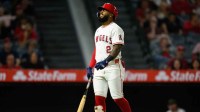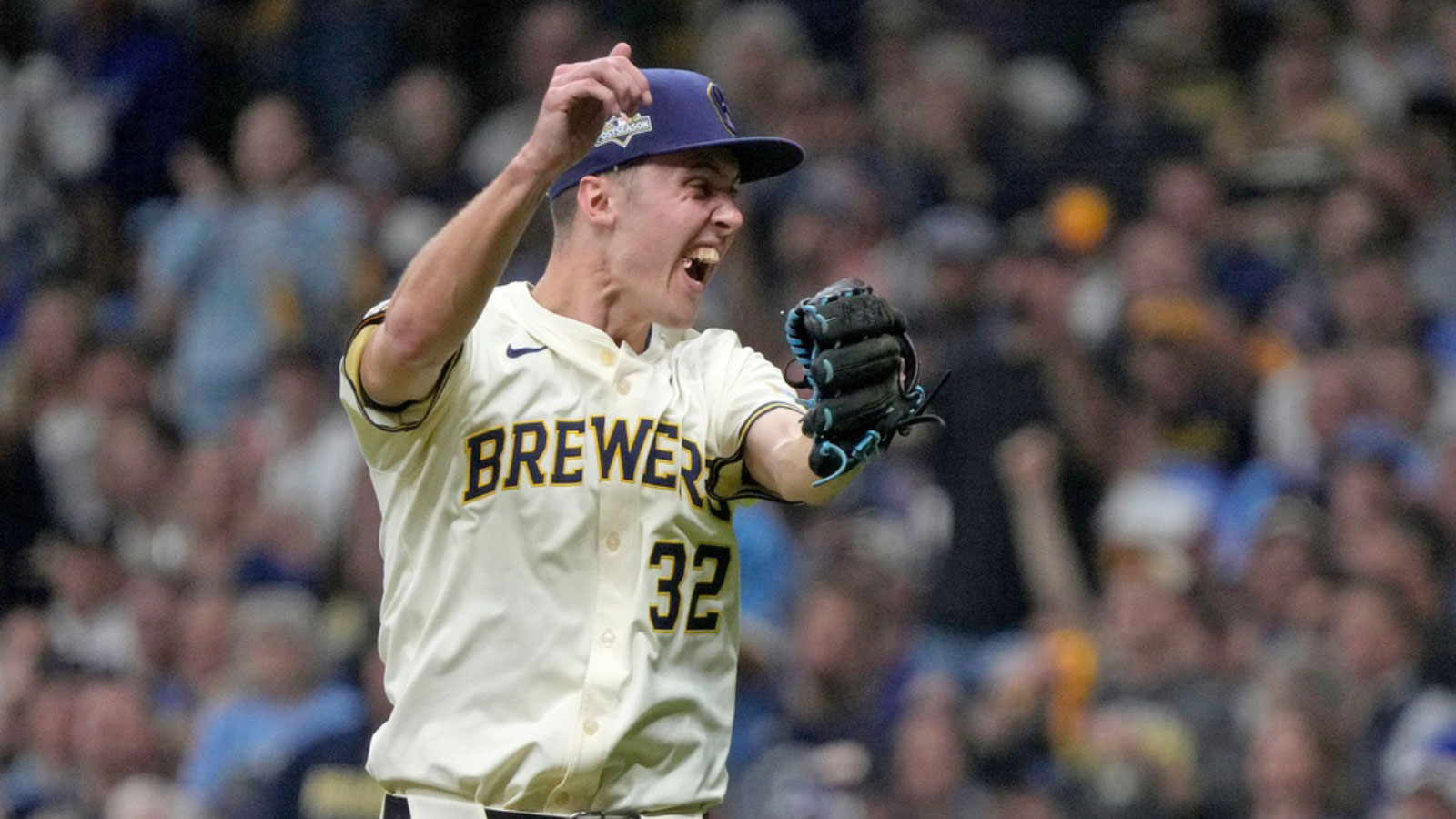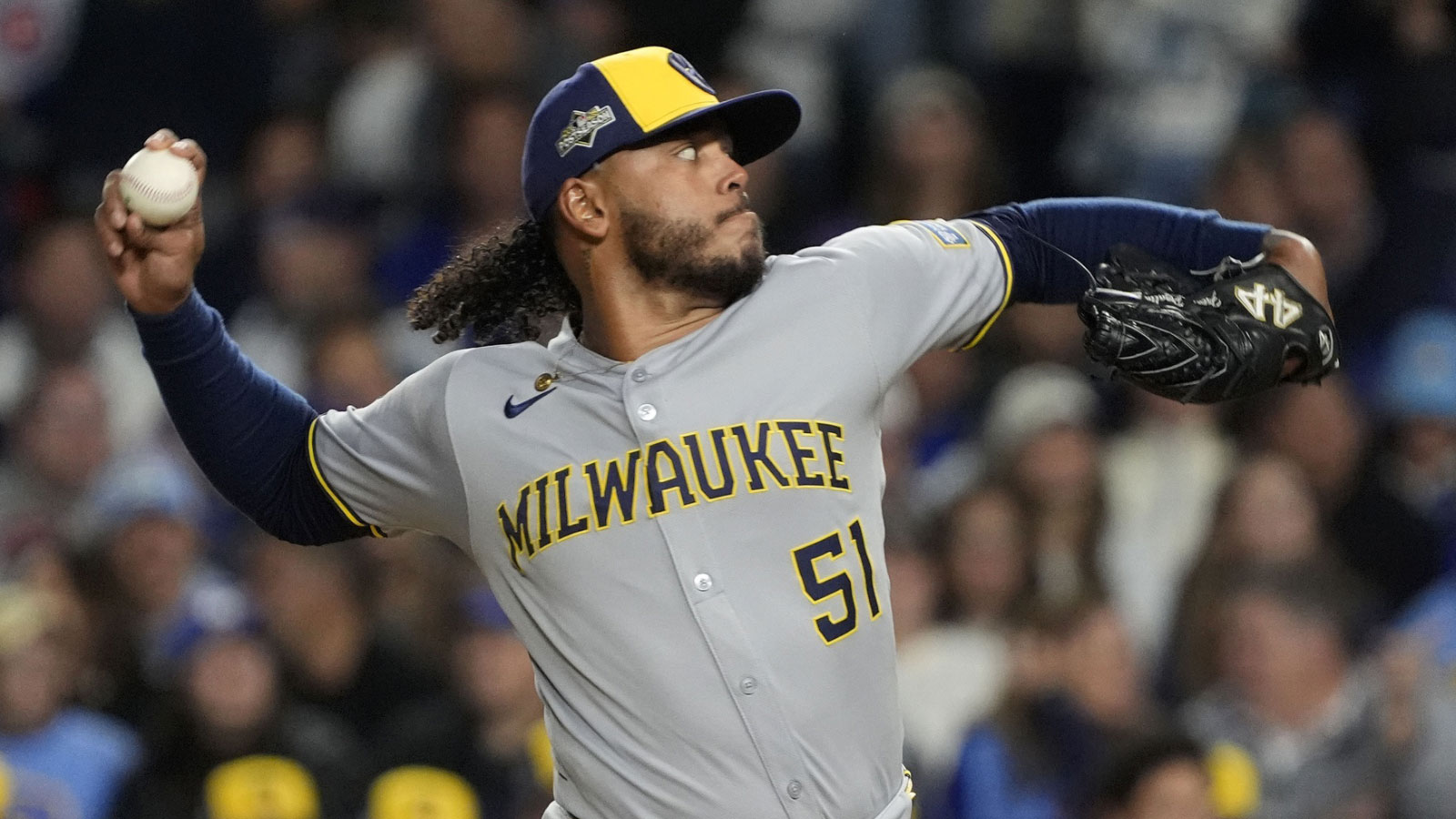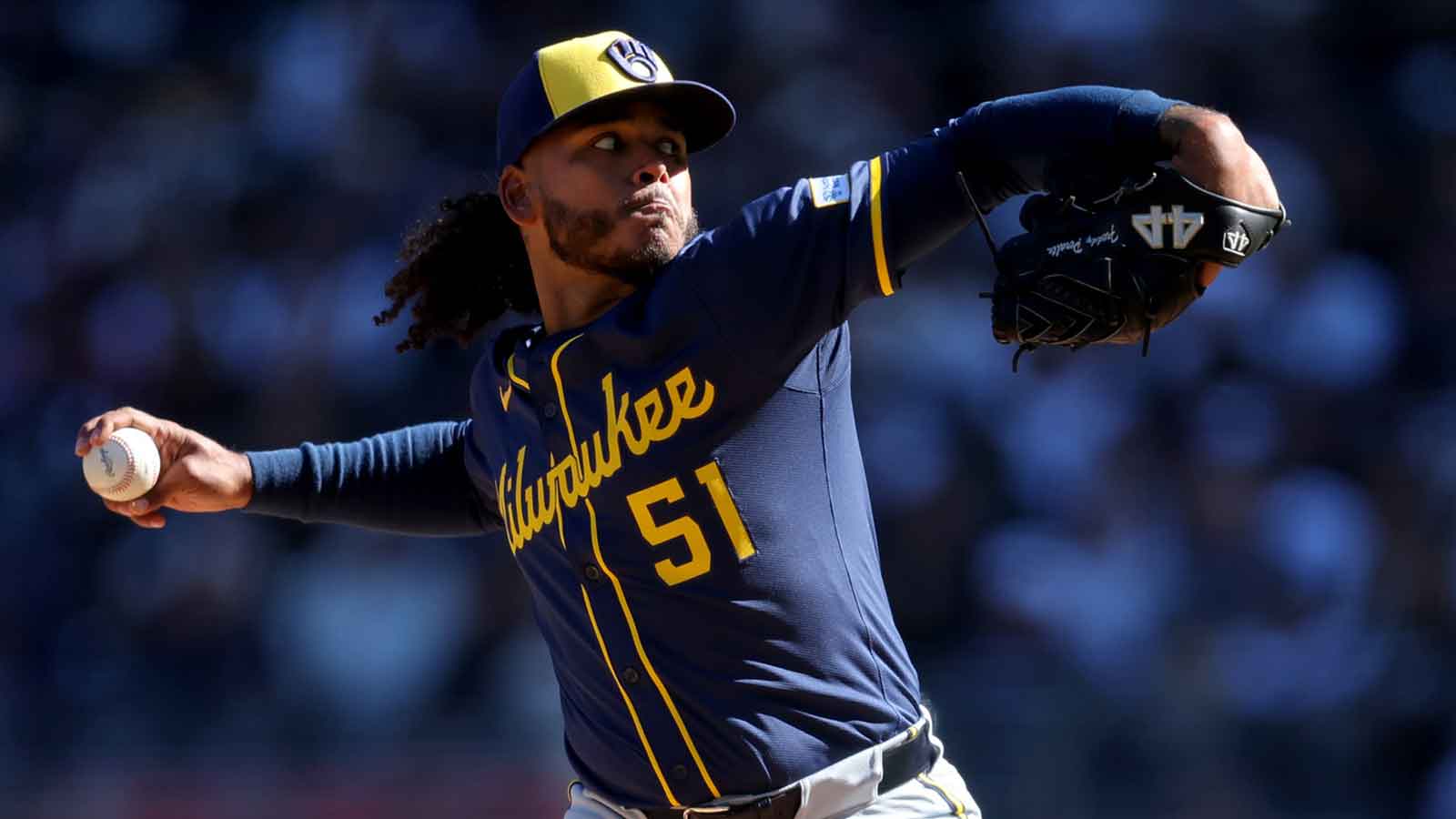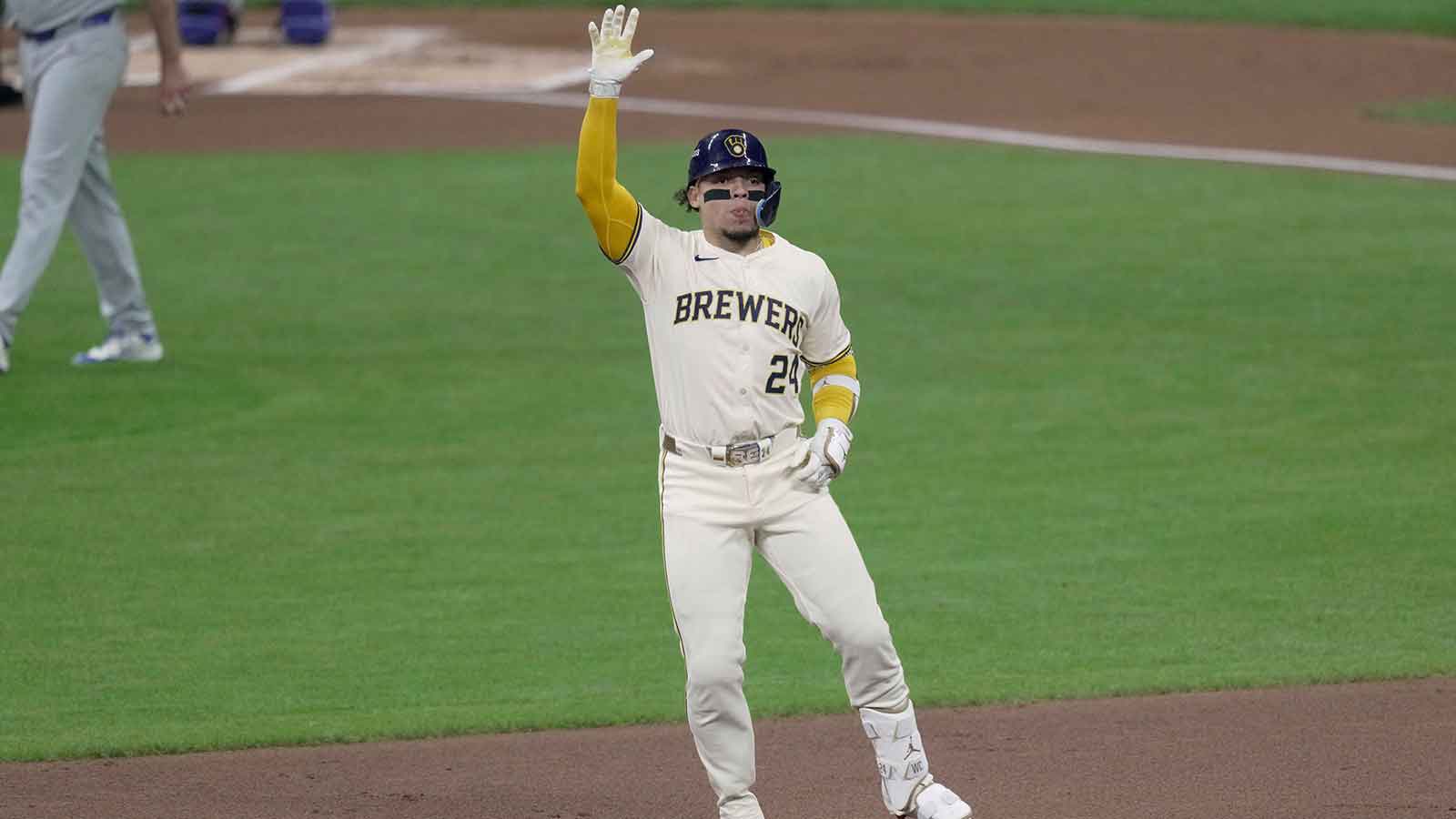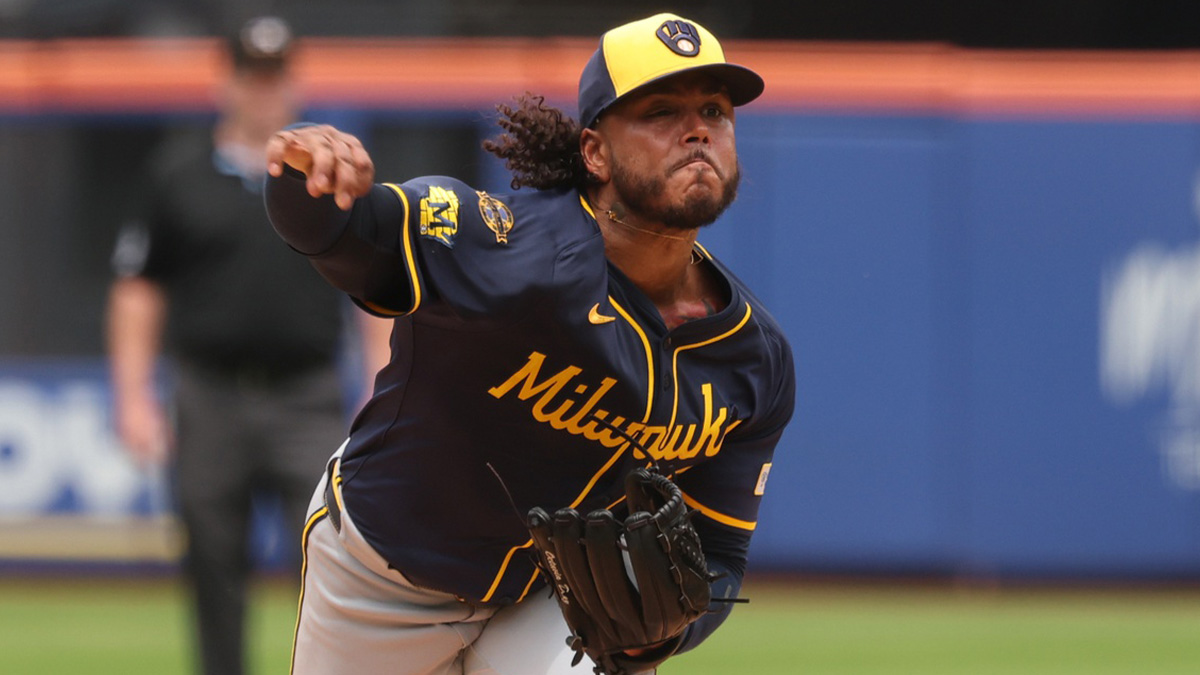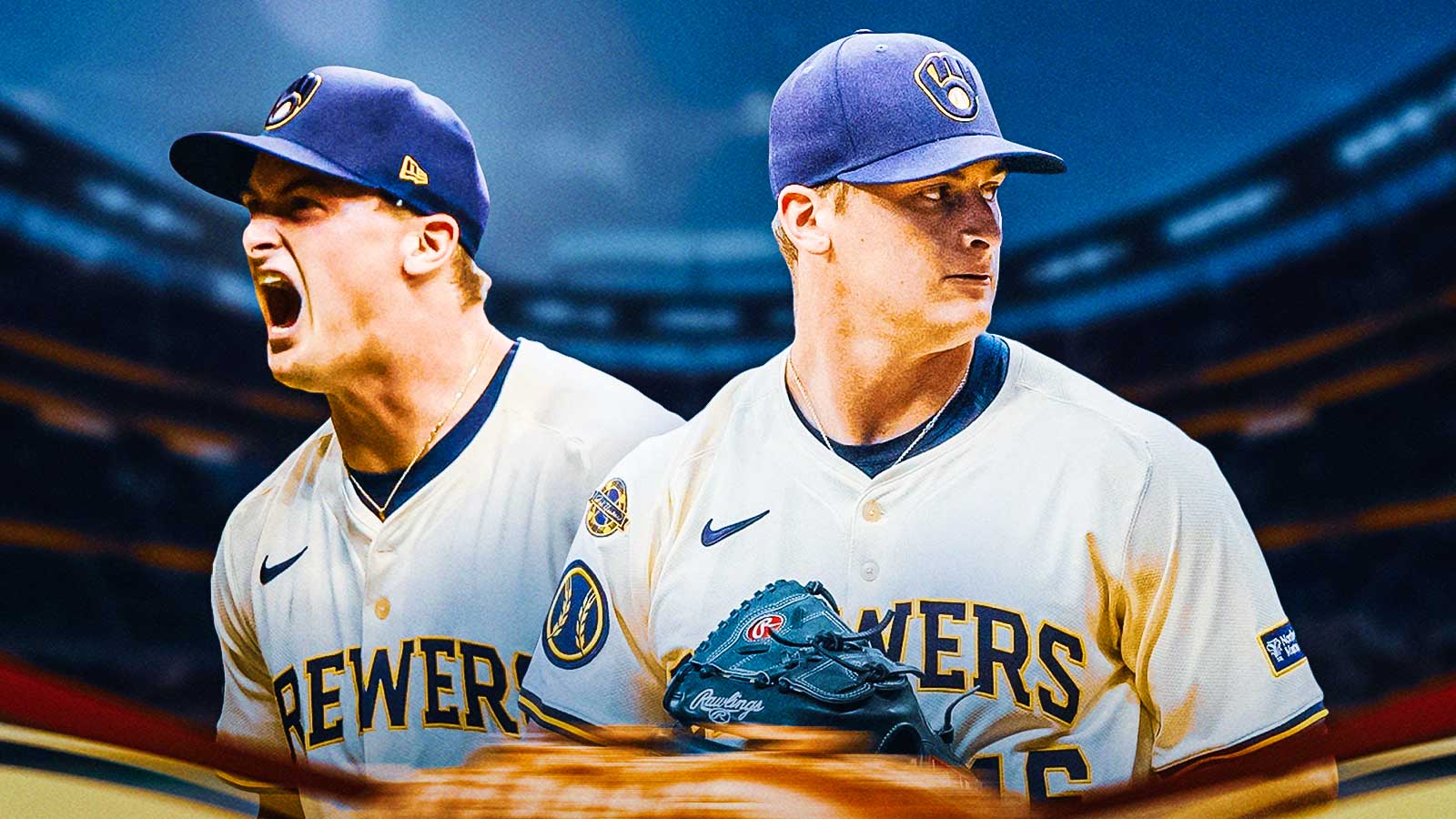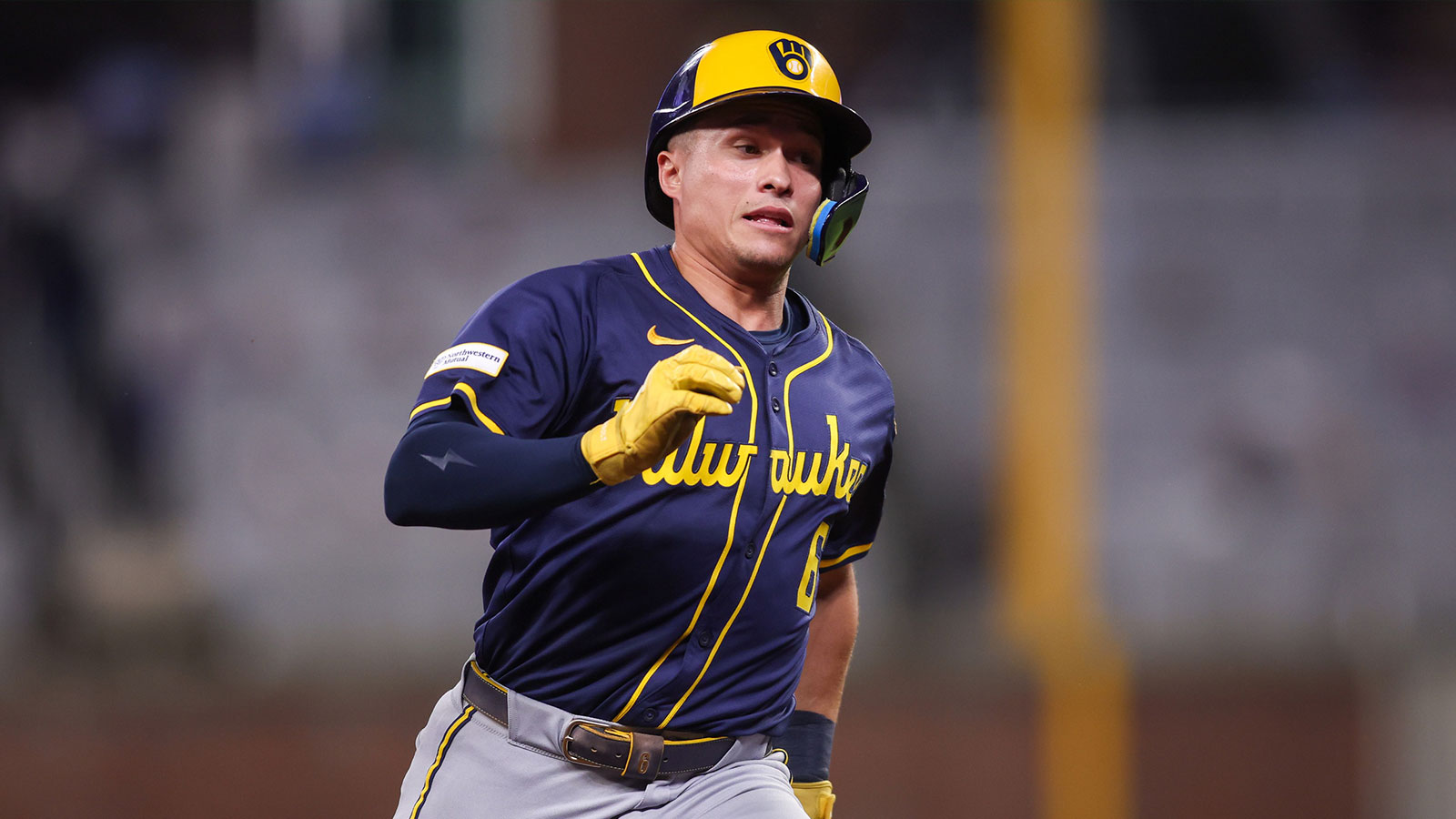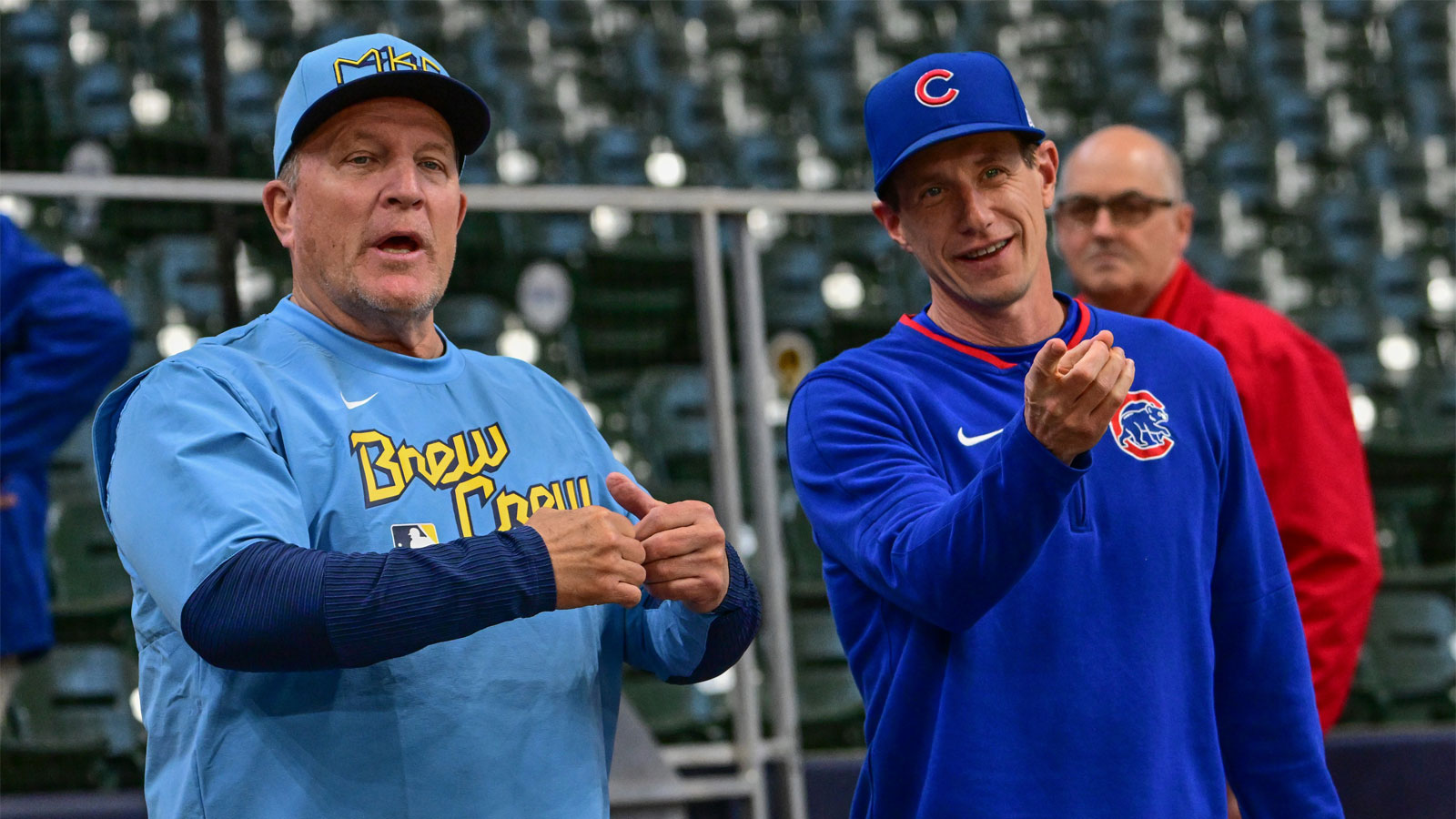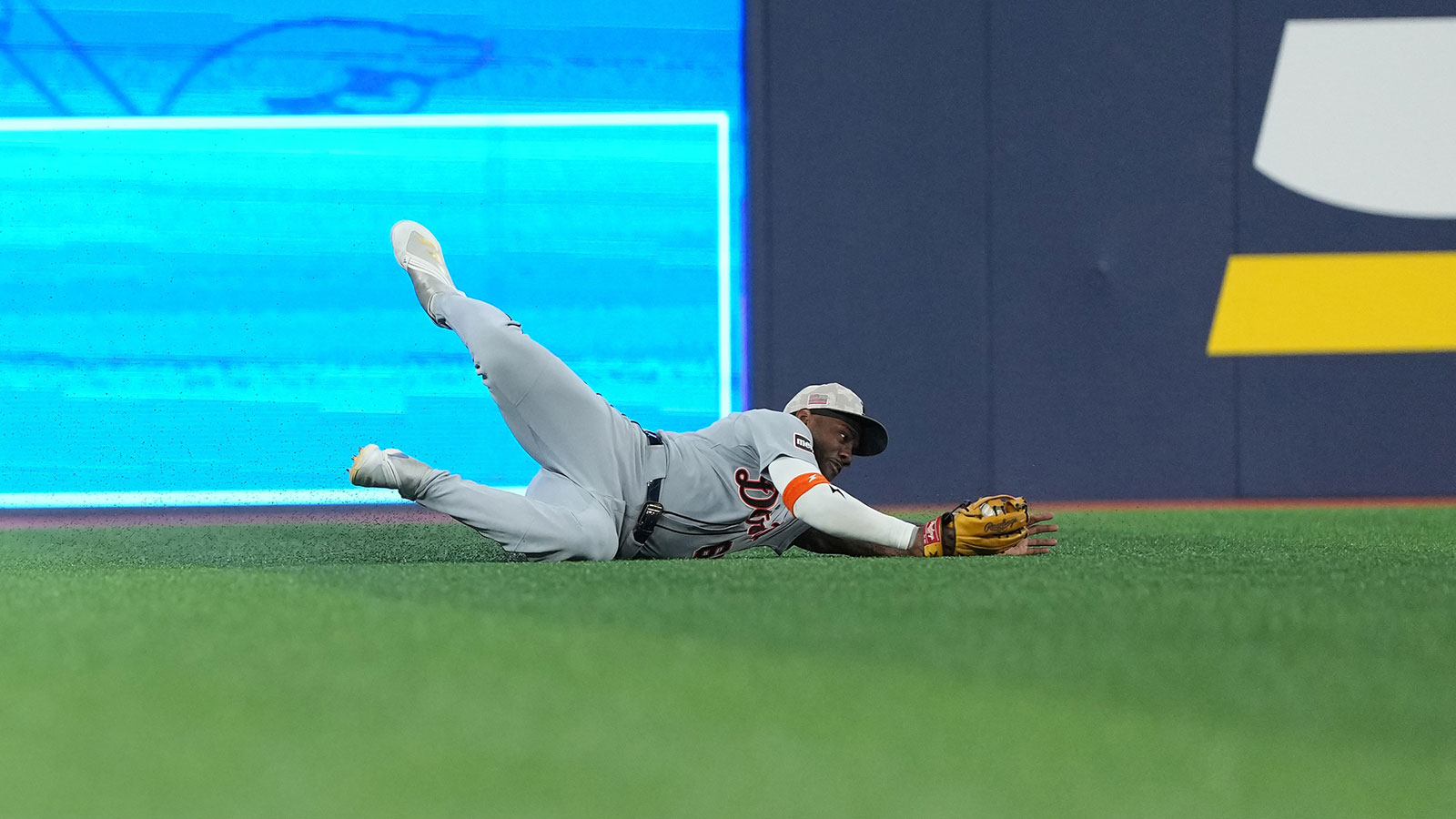After having appeared in the MLB playoffs for two consecutive seasons, the general consensus was that the Milwaukee Brewers would be hot on the trail of their own free agents, in an attempt to bring back the core that helped them into the postseason. But when they were ‘unable’ to bring the key pieces back, like catcher Yasmani Grandal and third baseman Mike Moustakas, the writing on the wall seemed to point to a year filled with regression, with a small-market team needing to regroup and reset.
Everything just so happens to make sense now.
According to The Athletic’s Ken Rosenthal, outfielder Christian Yelich and the Brewers are close to an agreement that would all but guarantee that the 2018 National League Most Valuable Player and the 2019 NL MVP runner-up would finish out the vast majority of his playing career in Milwaukee. While still having two more years left on his current deal that he signed while he was with the Miami Marlins, the reported extension would tack on seven more years at the end of the deal, with a mutual option on the table for 2029 as well.
The remaining two years of his current contract promise Yelich around $25 million, and the seven years that are being tacked on are worth $190 million, which would bring the total of his contract to sit at nine years, $215 million in total money. Up to this point, the franchise record for the Brewers for a contract handed out to a player was the five year, $105 million deal that Braun was handed back in ‘11, so owner Mark Attanasio and President of Baseball Operations David Stearns obviously understood the huge undertaking it would take, both financially and operationally, to keep the team’s best player under wraps before reaching free agency.
Working in the favor of the Brewers is the deferred money that was also included in this deal, which keeps consistent with the deals that both outfielders Lorenzo Cain and Ryan Braun signed in 2018 and 2011, respectively. Yelich’s desire to remain in Milwaukee has been quite evident ever since he was acquired by the Brew Crew, but the deal that he looks to have agreed upon with the team is the best scenario that could have happened for them.
This past offseason resulted in 15 Major League players being acquired by Stearns, mostly on one-year deals that included player or mutual options that could extend their stay by one more season, showing that the team is fully built around Yelich, and the rest of the roster will be filled as seen fit. While a small-market franchise must work extra hard to compete with the likes of the teams in New York, Boston, California, and Texas, the Brewers have taken a huge first step into solidifying their stance in the NL in terms of competition.
Signed through his age-36 season, Yelich’s injury mishap, when he broke his kneecap in a freak foul ball ricochet against the Marlins in Florida last season, could have prompted him to seek out guaranteed financial security for his future. His recurring back injury has flared up on multiple occasions throughout the season, which is an obvious concern (especially for a player that relies on his back for his torque in his swing), but his production easily overshadows those slight concerns.
For the rest of their roster, the money situation eases up a bit at the end of this season, as the 2020 season is the final year of guaranteed money that Braun is owed, besides deferred funds. Having dealt with a plethora of injuries, which include his back, shoulder, and other areas of his body, Braun’s body is letting him know that his playing days are rapidly coming to a close; however, he still is a very valuable asset for this team to have, and he could easily justify being brought back for one or two more seasons after his deal runs out, provided the contract is a low-money deal.
Braun, Cain, and Yelich make up the only three Brewers that are earning $10+ million this season, and that amount increases by one, with outfielder Avisail Garcia’s deal jumping up to $10.75 million and with Braun having a mutual $15 million option on the table, which the team would most certainly decline, with a short-term extension in line after the decline occurs.
For Yelich, this deal represents a huge investment in himself by the franchise, but it also represents a huge amount of money left on the table, even though it most likely would not have been paid by the Brewers. With Mike Trout having signed a 12 year, $426.5 million deal this offseason, Nolan Arenado having signed on with the Colorado Rockies for eight seasons and $260 million, and third baseman Anthony Rendon latching on with the Los Angeles Angels to help out Trout for seven years and $245 million, Yelich looks to have left a solid chunk of change on the table for what would amount to be the best chance for his biggest contract of his career.
Yelich had to do what was best for him, and that was to be locked up on a long-term deal that gave him financial security in a place that he loves and has been on record with saying that he would not mind finishing out his professional career in. While this contract would end when he is 36 and, health provided, he would still have 3+ years left in the tank, Yelich will look to fill the void left by Braun as the team’s longest-tenured player after the year 2010, and fill it more gracefully and with much less turmoil.
Milwaukee had to do what was best for them, and that was to lock up Yelich on a long-term deal that justified their dead-last farm system being shelled the past few seasons in attempts to try and make the postseason, as well as justified the rest of the moves that the front office has made, regardless of if it involved bringing players in or letting them sign elsewhere.
With the possibility of many contracts coming off of the books this upcoming offseason, the Brewers are prepared (money wise) to go all-in again on the back of Yelich. While his back has been a constant reminder that players are only as good as their health allows them to be, the fact of the matter is that Milwaukee and Yelich looks to be a great combination, for a very long time, which for a small-market franchise, is not always the happy ending that everyone gets to see.



